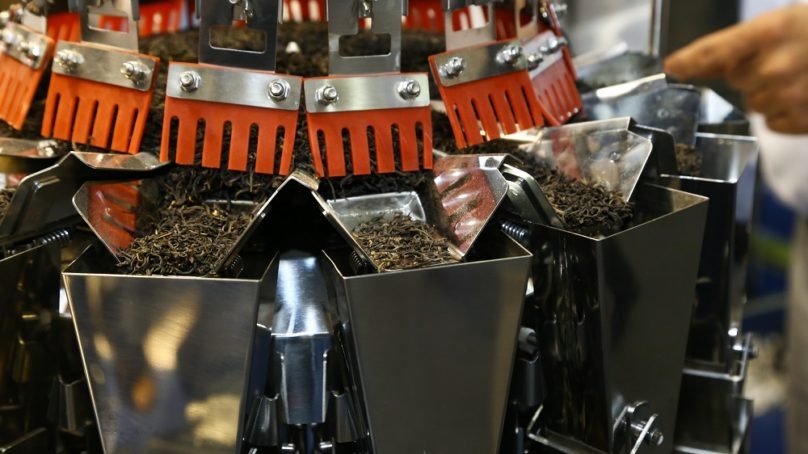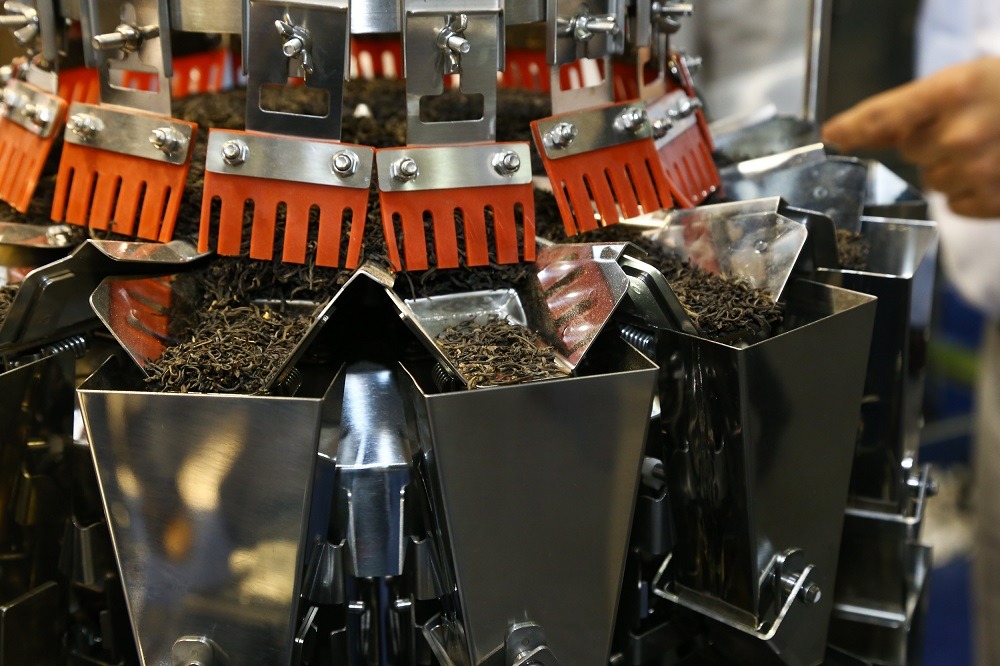

Blockchain, the digitalized transaction ledger, is set to transform the Gulf’s food manufacturing industry satisfying increasing consumer demand for food traceability in the process, according to a regional blockchain applications expert.
Anupam Gupta, director, Programs for Consensys MENA, the global blockchain specialist, said blockchain is emerging as the go-to technology to address the entry of illegally and unethically manufactured products into the supply chain.
According to the World Health Organization (WHO) 1 in 10 people falls ill every year because of eating contaminated food, with 420,000 dying as a result.
Speaking ahead of the agenda-setting FoodTech Summit at Gulfood Manufacturing 2018, the region’s biggest food and beverage processing industry event, which takes place at Dubai World Trade Centre (DWTC) from 6-8 November, Gupta said blockchain can be “a significant part of the solution”, providing full transparency and traceability to enable the market in rewarding responsible and ethical producers and forcing the illegal and unethical players out of the supply chain.
Gupta will address the FoodTech Summit on 8 November, the second day of the two-day future-focused conference, to help delegates unlock the potential of blockchain for the F&B industry.
According to him, the Blockchain can have multiple benefits to the entire F&B ecosystem from production, marketing and value chain management perspectives. Blockchain-based traceability, he said, can protect public health, improve trade, strengthen sustainability practices, deliver premium to sustainable produce, reduce recalls, boost consumer trust, provide quality assurance and value-chain efficiencies, reduce brand risk from association with unacceptable practices and ensure great regulatory compliance.
“A lot of significant experimentation has already begun in this sector and very soon we will be seeing large- scale commercial adoption of blockchain-based traceability systems in the food supply chain market,” he said, adding that Gulf producers will not be immune to the transformation.
“Work is ongoing on this front. Blockchain-based solutions in the supply chain industry are emerging very fast,” he added. “However, it will take some education, awareness and uptake from suppliers to adopt these solutions. It would also depend upon consumer awareness and consciousness beyond brand perception alone to trigger demand for complete traceability on each and every product.
“We anticipate that the production roll-out of blockchain-based traceability systems will happen in 2019 and then the global adoption of the systems and best practices subsequently on a rolling basis.”
The use of blockchain will enable easier detection of tampered products, preventing expensive product recalls and ensuring safe produce is kept on the shelves and not sent to landfill. Foodnavigator.com reports that US retail giant Walmart is working with leading brands such as Nestle, Unilever, Dole Food and Tyson Foods on blockchain pilot projects, adding that the retailer believes a 1 percent reduction in foodborne illnesses in the US alone could generate USD 700 million in increased productivity.
The report also adds that apart from traceability and transparency, blockchain speeds up transactions, meaning farmers get paid quicker.
Gupta added that Blockchain-aided traceability will give Gulf brands that are both food producers and re-exporters a competitive edge over global producers.
“It would uplift their brand image due to the transparency in operations and traceability being provided to the ultimate end user, the consumer,” he said while citing other benefits such as reducing cross-partner trade inefficiencies, increasing cross-country regulation compliance and the weeding out of unacceptable labor practices.
The Gulfood Manufacturing Food Tech Summit will bring together international F&B experts and industry leaders, key decision makers and innovators to discuss the global industry’s market developments and the latest solutions to help improve industry efficiency and quality.
“Gulfood Manufacturing is at the forefront of driving the regional and global food manufacturing sector and the Food Tech Summit at this year’s show serves as a great enabler to probe next-generation technologies now transforming F&B manufacturing facilities into smart factories,” explained Trixie LohMirmand, senior vice president, Exhibitions & Events Management, DWTC, organizers of Gulfood Manufacturing. “The program will also explore how we can secure food supplies and how the F&B industry can innovate to create alternative food supply resources.”
Add to Favorites
















